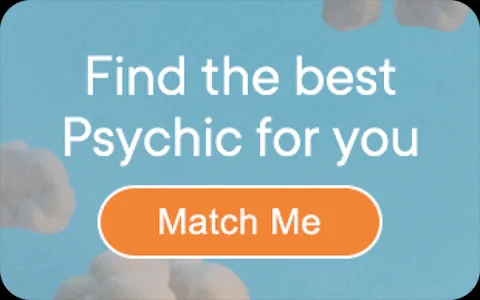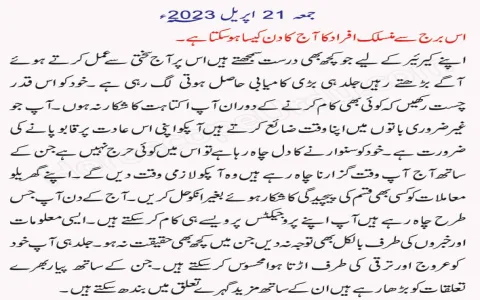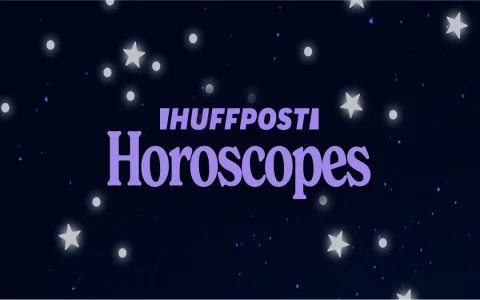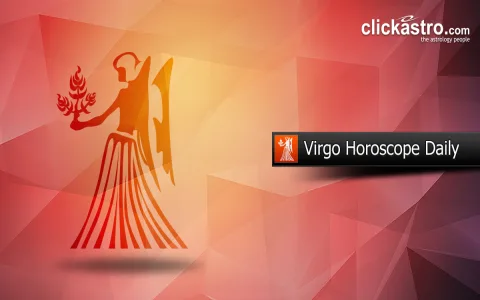Man, I never thought I’d be checking out astrology stuff, let alone writing about it. I always rolled my eyes at that crap. But you see those headlines everywhere, especially online: ‘Virgo, Your Career is About to Explode!’ or ‘Gemini, Trust No One Today!’ I was dealing with a massive mess last winter, and I needed something to latch onto, anything that looked like a roadmap.
I had sunk six months of my life, my entire retirement savings, into building out that vintage clothing platform. My whole investment, dumped into inventory and development. The launch went great for the first week, fantastic numbers. I was patting myself on the back. But then some idiot competitor copied my entire backend code, template and all, and launched a nearly identical site three days later, selling cheaper knock-offs. My lawyer said I had no case because I hadn’t registered the unique design properly. I lost everything. I was sitting there, drinking cold coffee, staring at the wall, thinking, ‘Was this just bad luck? Was I supposed to see this coming?’
That’s when I decided to test external “advice.” I figured, if I can’t trust my own gut feeling, maybe I should try listening to the universe, or whatever. I picked Elle Daily Virgo because everyone talks about it. It’s got that fancy, credible magazine vibe, right? It seemed like the most trusted source if you were going to dip your toes into this nonsense.
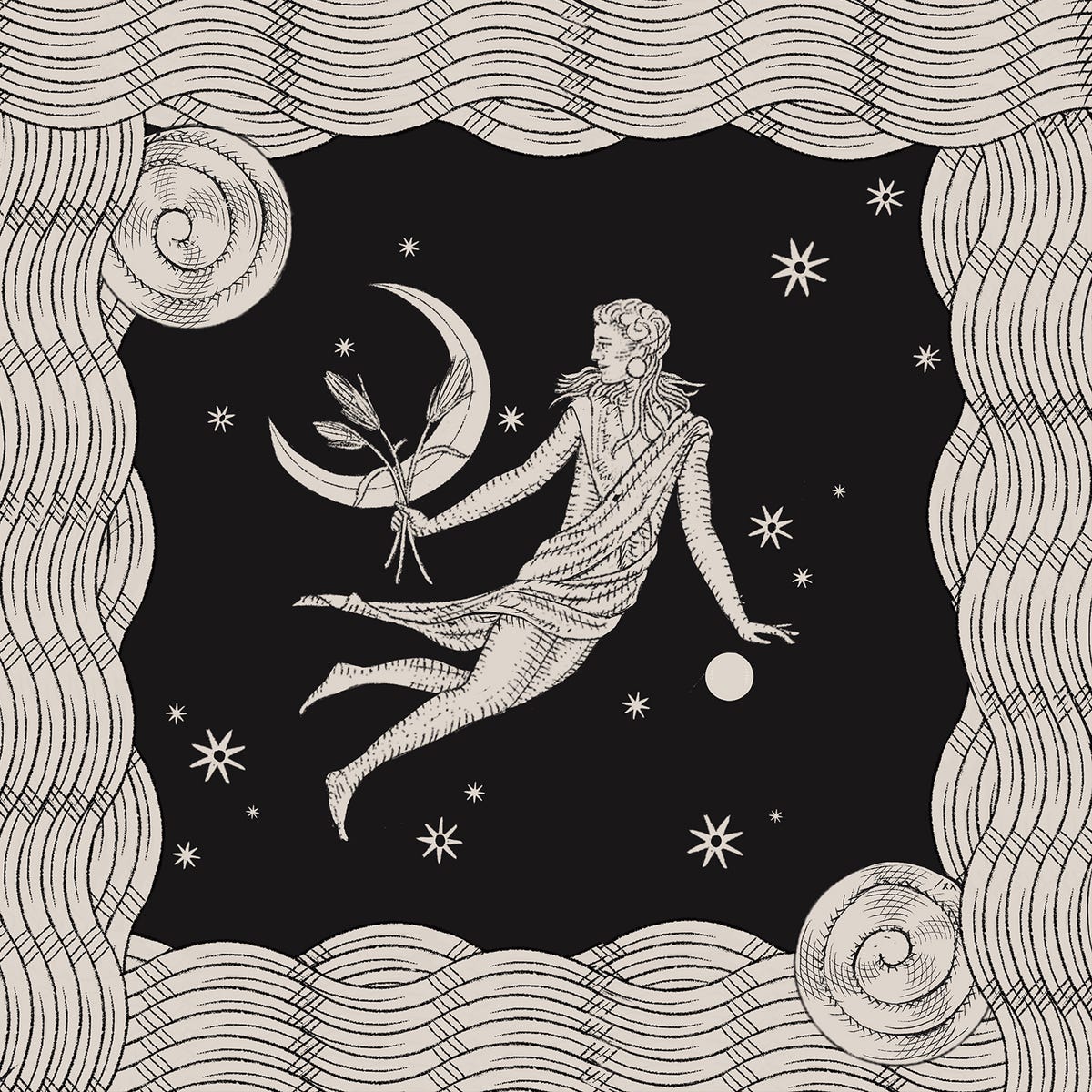
The Messy Process of Following the Stars
I decided to run an experiment for 30 days. I focused on the Virgo advice (that’s my sign, obviously), because I desperately needed help with planning and avoiding sudden financial screw-ups. I treated it like a serious business project. I woke up every morning, pulled open the Elle site, and read that Virgo advice. I didn’t just read it, I documented it.
- I created a spreadsheet.
- Column A: Date.
- Column B: The Advice (e.g., ‘Be cautious with new connections’ or ‘A financial breakthrough is imminent’).
- Column C: My Action Taken (or avoided based on the guidance).
- Column D: The Actual Outcome after 24 hours.
The advice generally fell into three buckets: career/money, relationships, and health/wellness. I was mainly tracking the career stuff. What I noticed right away was that most days, the advice was so vague it was impossible to fail. Things like ‘Focus on organization today’ or ‘Don’t let minor disagreements derail your momentum.’ I ticked off the box because, yeah, sure, I organized my desk. But did it actually change my bottom line? Probably not.
But then there were the dramatic days. On Day 12, the advice screamed: ‘A long-forgotten contact will return with a massive opportunity. Be ready to seize it.’ I spent the entire day emailing every old contact I could remember. I even tracked down my old college roommate who I hadn’t spoken to in ten years. Nobody replied except an ex-client who just wanted their old invoice clarified. No massive opportunity showed up. Just boring paperwork. My back started hurting from all that emailing.
On the flip side, Day 21 was different. It said: ‘Stay home, recharge, avoid risky investments. The stars are not aligned for speculation.’ That day, I had planned to dump some spare cash I had scraped together into a speculative crypto coin that everyone was talking about. I pulled back. Just because the advice told me to. The coin crashed 70% the next morning. So, did the stars save me, or was that just dumb luck and statistical probability? I wrote it down as a success, just to feel better.
The Real Reason People Keep Reading
After reviewing 30 days of data, here is the scoop. The Elle advice, while well-written and soothing, achieved a success rate of maybe 40% based on direct action/outcome correlations. Most of the ‘successes’ were generated by advice so general it applied to any competent adult trying to get their life together. If you tell someone to ‘pay attention to details,’ and they don’t make a mistake, was that the star sign, or them just doing their job?
I realized why people read it, and why it feels like the ‘most trusted’ advice. It’s not about prediction; it’s about permission. When life is chaotic, and you just lost six months of income to a shady competitor, you want something external to tell you what to do. You read it because you need validation to rest, or permission to take a calculated risk. It’s comforting; it makes you feel like there’s a system, even when everything around you feels like pure random chaos.
I stopped checking the advice on Day 31. Not because it failed, but because I woke up and found myself instinctively doing the things the Elle column usually told me to do—planning, prioritizing, avoiding impulsive spending. The entire 30 days of tracking forced me to be reflective. I used the advice structure to rebuild my own decision-making process after the failure. So, Elle Daily Virgo isn’t the most trusted advice; it’s just a really effective prompt to get confused people acting like competent adults again. And that, folks, is why they keep reading—they are practicing self-awareness, disguised as destiny.



